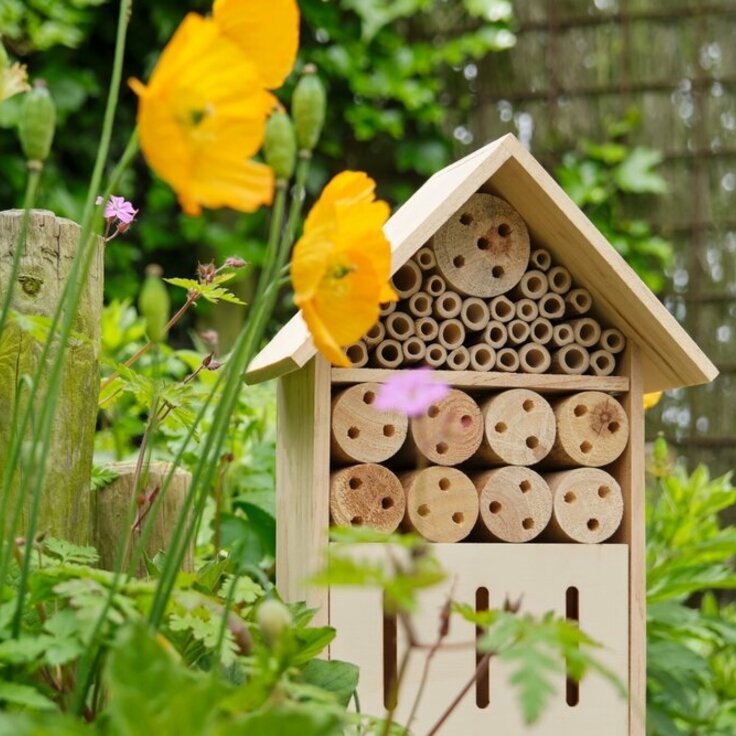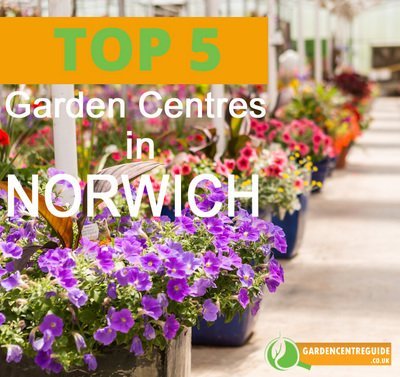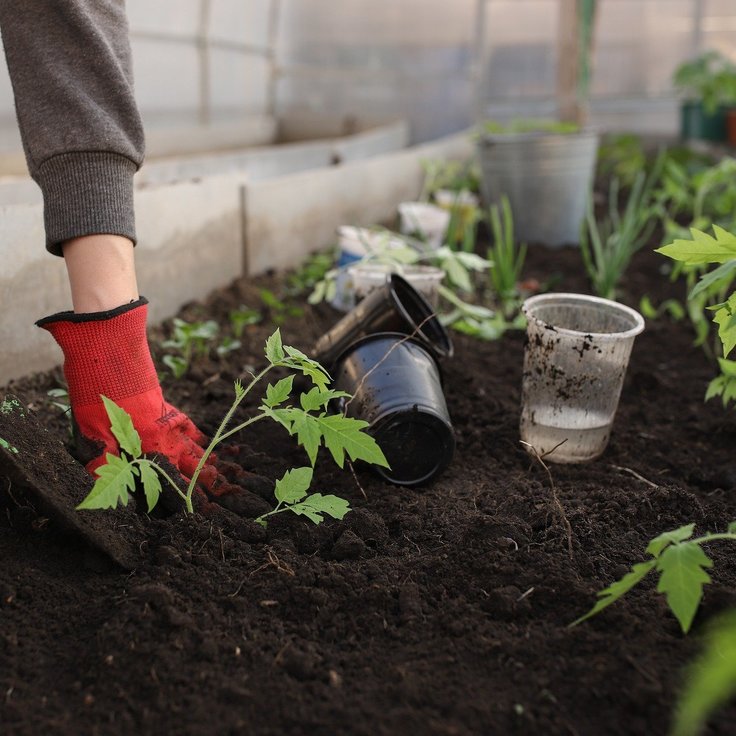Brits go batty for hens
COMPASSIONATE BRITS are adopting battery hens in their droves, as demand for self-sufficiency grows. Half a million UK residents now keep hens in their back gardens – the highest figure since the Second World War.
The trend, driven by demand for eco-living and grow-your-own, means that thousands of birds are being saved from slaughter houses.When the British Hen Welfare Trust (BHWT) was formed in 2003, it re-homed 425 hens. It now rescues 60,000 birds a year.
“We are re-homing hens everywhere, from small suburban gardens to stately homes,” said BHWT chief executive Jane Howorth. “They have universal appeal. People now describe hens as ‘cats and dogs with feathers’”.
Commercial battery hens are often caged for a year or more before being sent for slaughter aged just 18 months. However, in back gardens, rescue hens commonly live for a further two to three years, while some can last over 12. Owners can transform their garden into a rural idyll, with a daily supply of fresh eggs.
Jane added: “Hens are easy to integrate. We speak to everybody and give bespoke advice before they adopt. We need to check that people are prepared for a daily commitment, that there are no ferocious dogs about, and that hens will have secure accommodation. We ask for a small donation of around £4 or £5 per bird.”
The number of hens adopted for gardens from BHWT, whose patrons include telly chefs Jamie Oliver and Antony Worrall-Thompson, peaked in 2009 during the recession, at 61,957 birds.
Numbers reduced to 58,269 last year, as shoppers turned to free-range eggs. However, the battery industry is still being driven by demand for cheap eggs for cakes, pasta, quiche and ready meals.
It will be a busy start to 2012 for the BHWT. A ban on the smallest battery cages is expected to see up to 15million hens head for slaughter houses but the charity would like as many as possible to be homed in gardens. Go to www.bhwt.org.uk to find out more.








